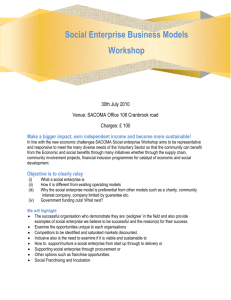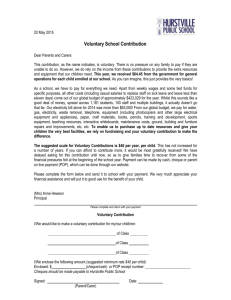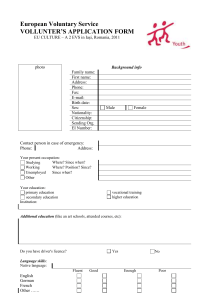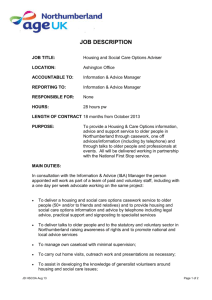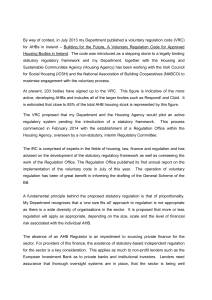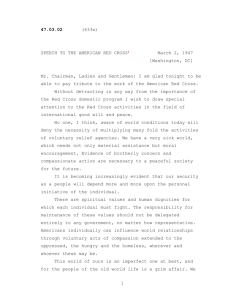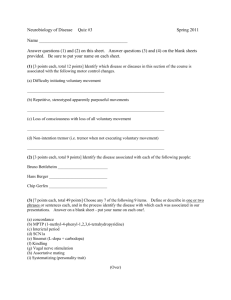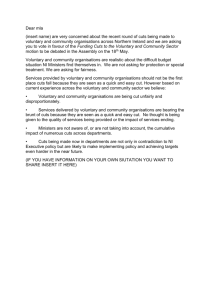Constraints on Organisations
advertisement
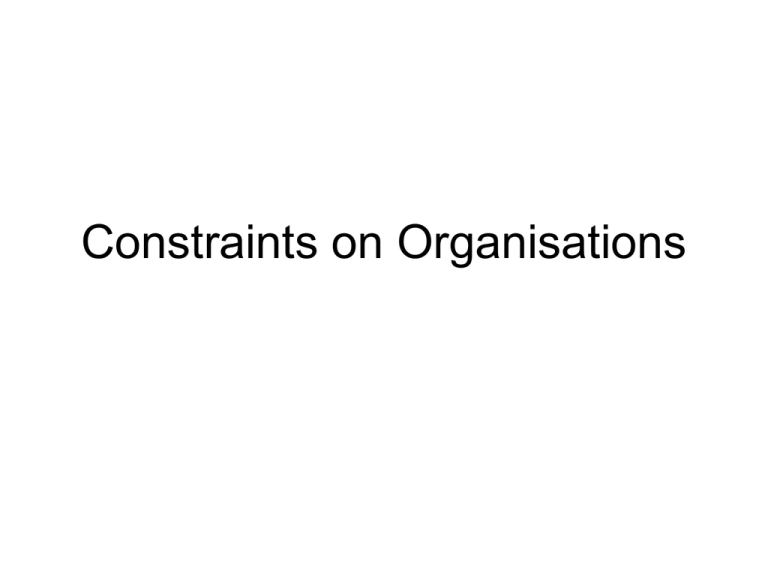
Constraints on Organisations Statutory constraints • Statutory constraints are the laws and legislation by which a company has to abide. Statutory constraints • • • • Examples of statutory constraints are; Health and Safety at Work Act 1974 Employment Law The Disability Discrimination Act Voluntary constraints • Voluntary codes of practice are statements by an organisation about methods of working which are recommended as good practice within an industry. • Organisations that volunteer to abide by the codes display symbols showing customers that they participate in such schemes. The codes normally have no legal backing but use other ways of encouraging compliance. Voluntary constraints • An example of an organisation that publishes and administers a code of practice is the Advertising Standards Agency (ASA). Voluntary constraints • What other voluntary constraints can you think of? Voluntary constraints • British Standards Institute • BSI British Standards is the UK's national standards organization that produces standards and information products that promote and share best practice. It serves the interests of a wide range of industry sectors as well as governments, consumers, employees and society overall, to make sure that British, European and international standards are useful, relevant and authoritative. Voluntary constraints • The Kitemark can be used to indicate certification by BSI, but only where a Kitemark scheme has been set up around a particular standard. It is mainly applicable to safety and quality management standards. Voluntary constraints Voluntary constraints • Businesses who make emissions to air, land and water are regulated by the Environment Agency under strict European and UK laws, to protect the environment and human health. •If your company needs to comply with these laws you will need a permission from us to operate. This permission usually comes in the form of a permit, which usually requires you to monitor your emissions. Compliance • How can organisations ensure that they comply?
